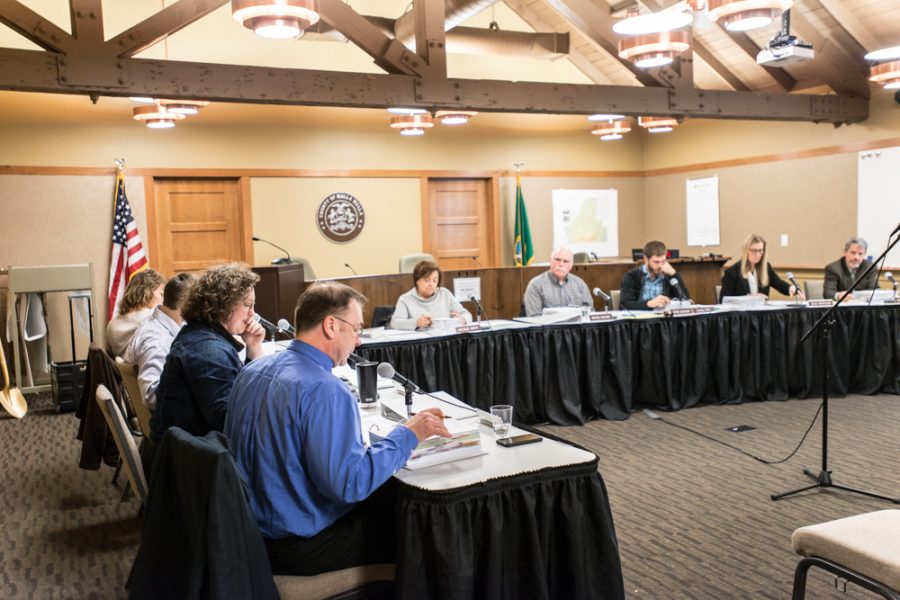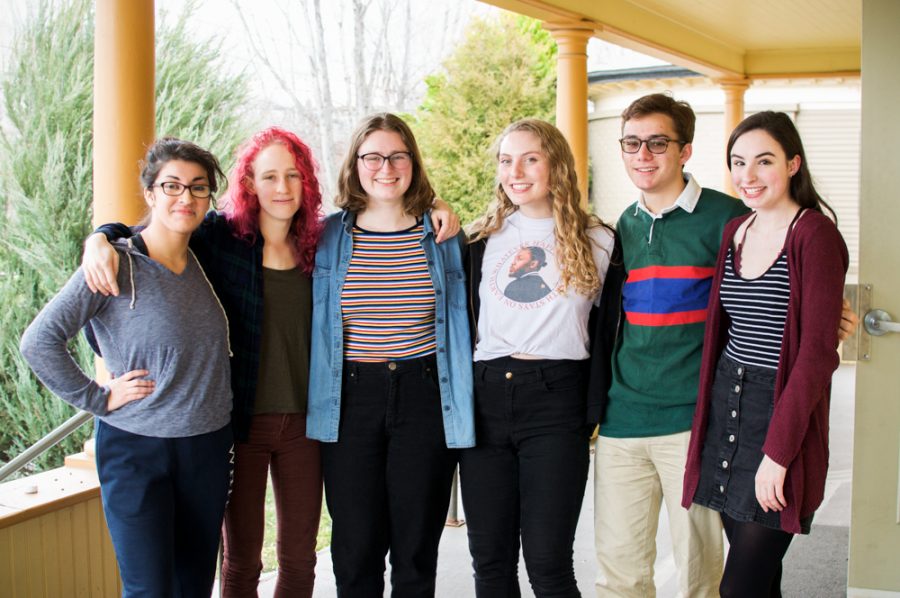In past years, there have been nationwide debates about elementary school lunch programs in an effort to decrease childhood obesity and increase the amount of fresh and healthy food served to students.

The National Farm to School Network is concerned with the lack of quality food present in school kitchens, particularly with the quantity of processed food served. Farm to School paired Walla Walla elementary schools and high schools with local food producers with the objective of serving local healthy food in cafeterias. Farm to School is teaming up with Camp Fire Walla Walla, an after school program for local elementary school students, in order to accomplish this.
“This year, for the first time, Farm to School partnered with Camp Fire to bring a seven-week winter garden club to all four elementary schools with gardens,” said Whitman alumna and AmeriCorps volunteer Eleanor Ellis ’13 in an email.
Ellis is the garden coordinator at Green Park and Sharpstein, as well as the coordinator and teacher of the newly-formed winter garden club program at Prospect Point, Edison, Sharpstein and Green Park. The new program is an extension of the spring garden club program held at Sharpstein and Green Park, which currently runs from April to June. This new program with Camp Fire will add gardening days from Jan. 20 to March 6 for all four elementary schools.

“Each week, kids participate in hands-on learning about gardening, food and science,” said Ellis via email. “Garden club activities include planting seeds, potato stamp art, garden weather station observation and guest visits from the Whitman Composting Club and local farmers.”
There are various Whitman volunteers working directly through Farm to School to give back to the community. The Whitman Composting Club is also getting involved with the program by visiting the garden clubs as guest lecturers.
“The Whitman interns who volunteer regularly will be guest speakers at garden club compost lessons, will help establish composting systems at two of the schools and will help coordinate spring garden clubs,” said Ellis.
During the Camp Fire after-school program, students have the choice of partaking in different activities ranging from participating in sports to learning about plants in garden club. Students who participate in garden club will be learning how plants grow and how important the food system is.
“Although I might not be interested in doing something in environmental education in the long run for young students, just learning about what excites people is really important because it’s hard to get people excited about a subject. I hope that the kids are having fun and don’t think it’s boring,” said first-year volunteer Dani Hupper.
The number of Farm to School programs in the United States has increased from fewer than 10 in 1997 to more than 10,000 schools spanning all 50 states. By volunteering with the local Camp Fire program, Whitman students have the chance to give back to the community.
“I’d like to be able to help out and feel like I’m helping the children in some way. When I was growing up, I had a similar mentor program where the high school students would come and help out. I want to gain more knowledge about the school system as well,” said sophomore volunteer Jacob Frei.













